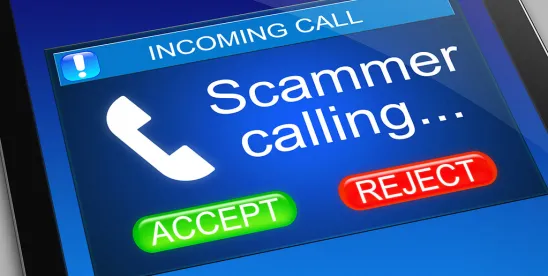Hi TCPAWorld!
I’m Tammana (Royal Court Name Pending), the latest Troutman Amin, LLP addition! And what a time I’ve chosen to jump in – these past few weeks have brought a seeming deluge of regulatory proposals – and we’re here to break them down.
On Monday, August 12, 2024 President Biden announced the latest effort in a slew of aggressive consumer protection initiatives – directing the Consumer Financial Protection Bureau (“CFPB”) to crack down on corporations that “add unnecessary headaches and hassles to people’s days and degrade their quality of life.” The “Time is Money” initiative, as it’s been dubbed, is a multi-agency effort to crack down unfair practices “of giving people the run around, wasting their precious time and money”
The White house proposes new CFPB rules to target customer service “doom loops” and ineffective chatbots that force customers to deal with automated voice responses and a “maze of menu options” before being able to reach a live customer service agent. “Too often customers seeking assistance from a real person are instead sent through a maze of menu options and automated recordings…”
“The CFPB will identify when the use of automated chatbots or automated artificial intelligence voice recordings is unlawful, including in situations in which customers believe they are speaking with a human being,” according to the White House fact sheet. New rules by the CFPB will eventually require financial institutions under its jurisdiction to allow customers to talk to a human by pressing a single button. Meanwhile, the Federal Communications Commission (“FCC”) will launch a parallel inquiry into whether to expand the CFPB’s proposed customer service requirements to include phone, broadband and cable providers.
According to the Biden-Harris administration, Americans “should be able to receive customer service on their terms and their own time without significant hassle or hardship” and technologies like chatbots “should be used to enhance customer service with speedy response times, not used to shirk on basic responsibilities, such as receiving a refund.”
Moreover, Americans “should not be subject to confusing, manipulative, or deceptive practices online” or be “subject to hidden fees or to requirements that are obscured through confusing language and small print.”
These measures – coming shortly in the wake of a $6 million fine for malicious robocalls made using a fake audio recording of President Biden – fall within the recent trend of regulatory agencies taking proactive steps to wrangle deceptive artificial and prerecorded voices. Of course, if you’re a part of TCPAWorld, you know that restrictions on the use of prerecorded voices are in no way novel. The TCPA is clear – any calls using an artificial or prerecorded voice to a residential line can only be made with prior express written consent of the called party, unless the call is for emergency purposes, is not made for a commercial purpose, is made for a commercial purpose but does not constitute “telemarketing,” is made by or on behalf of a tax-exempt nonprofit organization, or delivers a “health care” message for a covered entity or business associate as defined by the HIPAA Privacy Rule.
However, the proposed rules may ostensibly increase the compliance burden on companies under the jurisdiction of the CFPB (and potentially the FCC) beyond what the current TCPA contemplates. While it is unclear when exactly the use of automated chatbots or artificial or prerecorded voice will be deemed unlawful, and which of the above exceptions will still apply, it seems likely that, at the very minimum, a disclaimer will need to be in place whenever artificial or prerecorded voice is used. Not a surprise, if you read the Dame’s blog on the new FCC AI Regulations. However, the CFPB may go one step further – the crackdown on doom loops is not limited to just outgoing calls to the consumer, which is where most TCPA restrictions operate, but may include any incoming calls made by the customer.
There’s no confirmation on this YET, but we eagerly await some clarity. Consumers and businesses can submit comments here.
So, what’s the takeaway? For now, businesses need to be aware of changing compliance requirements (and keep an eye on this space!) to avoid being caught off guard. And if you’re unsure, err on the side of caution – or just reach out.
That’s all for today, folks. See you in the next blog!
This article was authored by Tammana Malik



 />i
/>i
